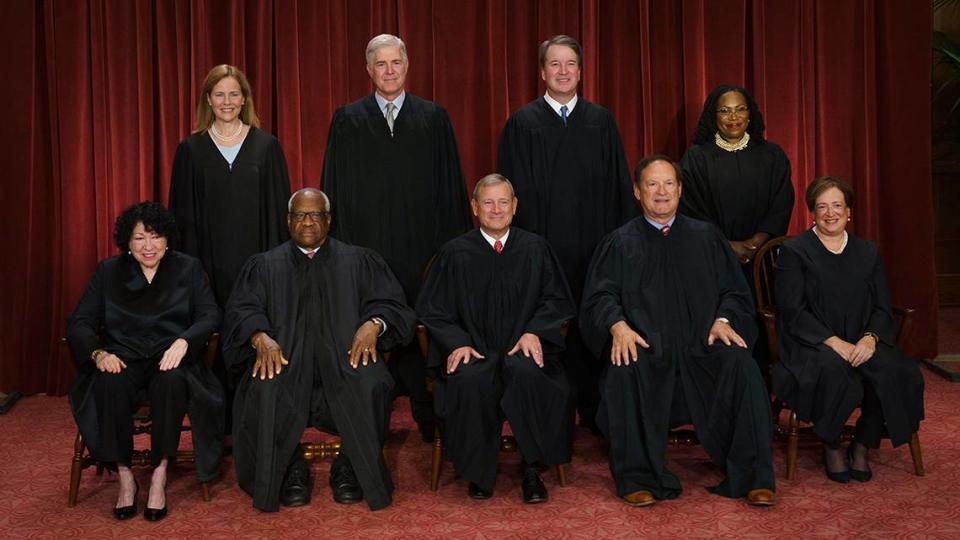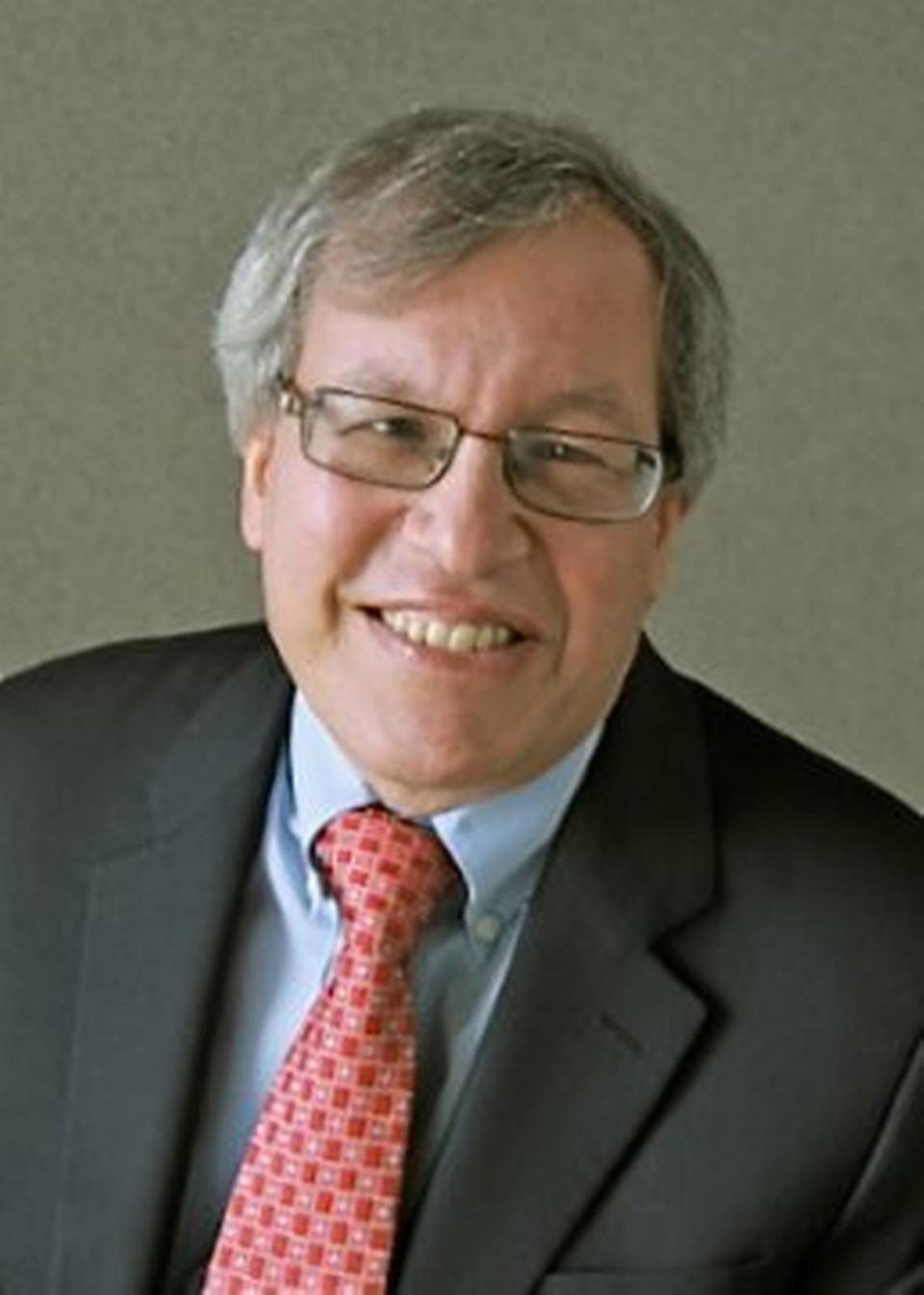Presidential election will shape the future composition of the Supreme Court for decades | Opinion
- Oops!Something went wrong.Please try again later.
- Oops!Something went wrong.Please try again later.
- Oops!Something went wrong.Please try again later.
- Oops!Something went wrong.Please try again later.
- Oops!Something went wrong.Please try again later.
- Oops!Something went wrong.Please try again later.
No issue should be more important in the upcoming presidential election than the selection of Supreme Court justices. One of the longest lasting legacies of any presidency is who is put on the federal bench. There is a dramatic difference between who Donald Trump and who Kamala Harris would nominate for the Supreme Court and for all federal judgeships.
The 2016 presidential election made an enormous difference in the court’s composition — and on all of our rights. Trump put three conservative justices on the Supreme Court: Neil Gorsuch, Brett Kavanaugh and Amy Coney Barrett. These justices cast decisive votes in many cases over the last several years that clearly would have come out differently if Hillary Clinton had won in 2016 and filled these three seats instead.
Opinion
Most obviously, Roe v. Wade would not have been overruled. All three of Trump’s appointees voted to overrule Roe and end a constitutional right that had existed for nearly 50 years.
In the last few years, 6-3 decisions (with the Trump justices in the majority) from the Supreme Court have dramatically expanded gun rights; greatly limited the power of federal agencies to protect the environment and health and safety; obliterated the wall separating church and state; and given the president broad and frightening immunity from criminal liability. The United States now has a Supreme Court that pays little attention to precedent and is animated not by judicial philosophy, but adherence to conservative political ideology.
The 2024 presidential election also likely will have an effect on the composition of the Supreme Court for decades to come. When the court begins its 2024 term on Oct. 7, Justice Clarence Thomas will be the oldest justice at 76 years old. The other justices in age order are: Samuel Alito, 74; Sonia Sotomayor, 70; John Roberts, 69; Elena Kagan, 64; Brett Kavanaugh, 59; Neil Gorsuch, 57; Ketanji Brown Jackson, 54; and Amy Coney Barrett, 52.
It is possible to imagine this group of justices being together for another decade. Yet, it also is easy to imagine that if Trump is elected president in November and there is a Republican Senate, Thomas and Alito would likely retire to allow the appointment of young, right-wing judges who will keep these seats occupied by conservatives for decades to come. Likewise, if Harris is elected and there is a Democratic Senate, I imagine Sotomayor would step down.
Thus, even though no vacancies on the court are certain, there is no doubt that this presidential election could matter greatly for the future composition of the Supreme Court. And it will matter for the composition of federal courts of appeals and district courts, whose judges also have life tenure.
The Supreme Court decides only about 60 cases a year, meaning that lower court judges get the last word in the overwhelming majority of cases. Trump, as president, nominated young, very conservative judges (many in their 30s and 40s). As a group, they have proven hostile to civil and constitutional rights, environmental regulation and laws protecting workers and consumers.
Interestingly, Republican voters recognize the importance of the courts as an electoral issue much more than Democratic voters. In the 2016 presidential election, in a CNN exit poll, the No. 1 reason voters gave for voting for Trump was the composition of the Supreme Court. But for those who voted for Hillary Clinton, the court was only the fourth most important reason given.
I am frequently asked about the most important thing to do in regard to changing the Supreme Court. The answer is easy: win presidential elections.
Erwin Chemerinsky is dean and professor of law at the UC Berkeley School of Law.


